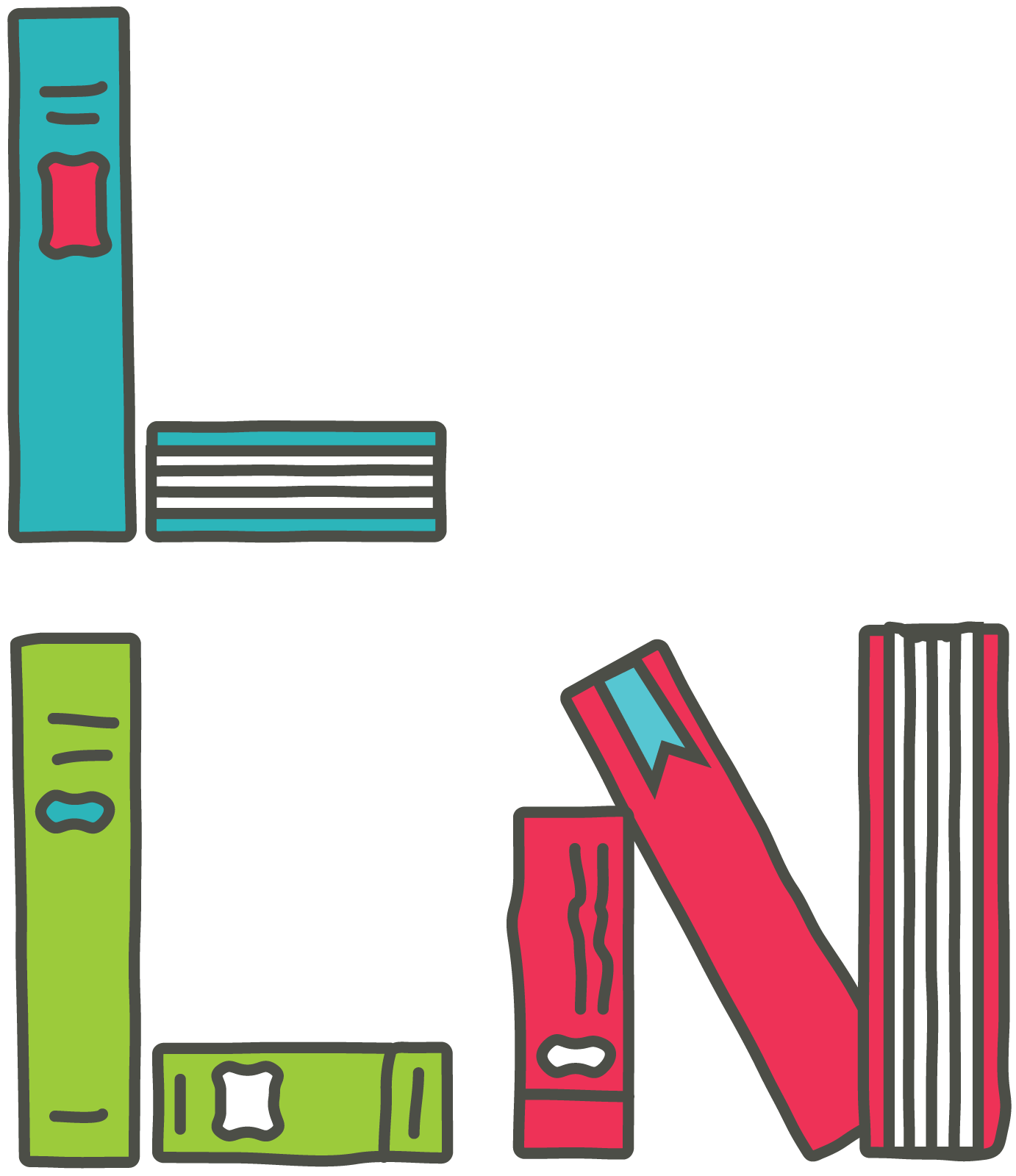Who We Are
Kirsten Widmer consults in elementary, middle, and high schools where she works with superintendents, administrators, and teachers to develop and implement reading and writing curriculum designed to engage all learners. She models instruction, coaches educators, and leads study groups in planning and implementing best practices in literacy instruction… (more)
Kirsten
Michelle Stone taught in New York City and Long Island public schools for over 15 years prior to consulting. In her national work with school districts, she customizes reading and writing curriculum and empowers teachers to successfully meet the ever-changing needs of their students in literacy… (more)
Michelle
Erik Lepis is a regional, national, and international presenter and literacy consultant based in New York City. He works closely with building and district leaders to help administrators develop a vision for literacy instruction, raise student achievement, and lead school-wide change through the teaching of reading and writing… (more)
Erik
In Partnership
Annie
Annie is a literacy consultant working with schools regionally, nationally, and internationally. She collaborates with leadership to identify instructional goals rooted in data and leads hands-on, practical staff development to achieve those goals. In addition to leading workshops, study groups and site-based residences, Annie supports educators with writing and revising curriculum, and she fosters teacher leadership through coaching. She founded Taranto Consulting LLC a"er teaching in Honolulu and New York City and working as a staff developer for the Teachers College Reading & Writing Project. Annie…(more)

Where We’ve Worked
United States
Washington — Seattle
California — San Fransisco, Los Angeles
Wyoming — Cheyenne
Wisconsin — Madison, Appleton
Maryland
Washington DC
Florida — Palm Beach County, Martin County, Clearwater
Michigan — Grand Rapids, Ann Arbor
Georgia — Atlanta, DeKalb
Louisiana — New Orleans
Tennessee — Memphis
Missouri — St. Louis
Colorado — Denver
New York — New York City, North Country, Long Island, Albany, Schenectady, Westchester
Connecticut — Norwich, Trumbull, Ledyard, Hartford, Danbury
New Jersey — Passaic, Orange, Union, Monmouth, Middlesex, Sussex, Essex, Hudson, Morris, Mercer, Ocean, Somerset
South Carolina — Columbia
Illinois — Chicago Suburbs
Texas — Houston Suburbs
Maine — Portland
Oregon — Portland
International
Chile — Santiago
United Emirates — Dubai
Germany — Berlin
What People Say
What we explore
Reading
Auditing curriculum and resources for high-impact literacy practices, culturally responsive-sustaining education, and social emotional learning
Tailoring resources to meet the needs of students and align with current standards
Developing multi-media text sets across genres
Fostering skilled reading through rich read aloud with dialogic conversation, robust vocabulary instruction, shared reading, word work, and interactive writing
Implementing explicit instruction in systematic phonological awareness, phonics, and word study
Establishing a Reading Workshop that fosters rigor, independence, and agency through whole class, small group, and individualized instruction
Authoring knowledge building curriculum that supports reading skills and conceptual understandings
Administering and analyzing benchmark assessments, commercial screeners, diagnostics, and progress monitoring to plan for data-based instruction
Utilizing effective structures in conferring, guided reading, strategy lessons, foundational skills lessons, and whole-class mini lessons using both trade books and decodable texts to propel readers forward
Deepening comprehension through text-based discussion and writing opportunities
Utilizing partnerships and book clubs to foster student engagement and accountability
Creating units for content area literacy and interdisciplinary studies
Writing
Understanding writing process across text types to support independence
Supporting emergent writers through oral language development, shared writing, guided writing, and interactive writing & drawing
Teaching grammar and word study to support foundational skill development and transfer into writing
Establishing a Writing Workshop that fosters volume and independence
Authoring genre-based units of study for Writing Workshop
Assessing writers on process and the qualities of good writing
Using mentor texts to teach students how to identify and analyze qualities of good writing and apply them with independence
Conferring with writers to set goals and support skill development across genres
Establishing partnerships to support cooperative learning and lift the level of student writing
Supporting research-based informational and argument writing
Incorporating writing into the content areas
Writing for a variety of purposes and audiences
Teaching Methods
Infusing culturally responsive teaching practices across the curriculum
Understanding the Science of Reading and how it informs our instruction
Using gradual release of responsibility to support student skill acquisition
Teaching for conceptual understandings and transfer
Explicit teaching based on best practices of demonstration, explanation, guided practice, and inquiry for adequate scaffolding
Planning effective interactive read alouds, minilessons, strategy lessons, guided reading groups, conferring, shared reading, shared writing, interactive writing, and systematic, multi-sensory phonics instruction
Using a variety of teacher resources to effectively plan for instruction
Incorporating strategies for social and emotional learning into every day teaching
Providing scaffolding and support for English Language Learners
Accommodating all learners






